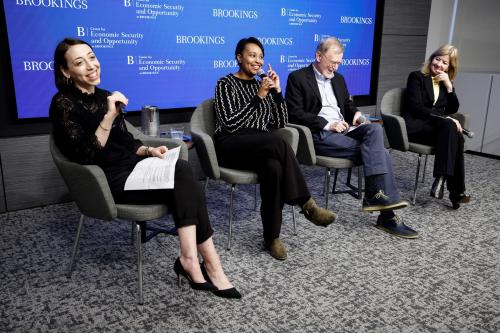Social mobility will be on the president’s agenda tonight: that much is certain. Hopefully he will be careful not to claim that rates have mobility have declined: they are, in fact, basically flat and have been for decades. Mobility isn’t getting worse: it’s just pretty bad. And I don’t think the president will mix up income inequality, wage growth and social mobility, as he did last year.
Here are two things the President should say:
- Low social mobility and high income inequality are a toxic combination, regardless of the trends. You can plausibly defend having one of these problems: nobody can defend having both. It is one thing to be stuck at the bottom when the gap between top and bottom is narrow, or at least stable: quite another when it is wide and/or widening. That’s not just inequality—to use an old term from social science that’s rather fallen out of favor (an exception being Doug Massey’s excellent book for the Russell Sage Foundation): that’s social stratification.
- Social mobility matters more in the U.S. Rates of intergenerational mobility are lower in the U.S. than many comparable nations. Why does this matter (on top of the stratification implied by the combination with inequality)? You might argue that, given that the US is also richer than most of these nations, perhaps we should relax a bit on this score. Sure, the kids born to parents in the bottom fifth of the income distribution might have a higher chance of ending up on that rung themselves, than in other countries – but look how much higher the rung is!
At heart, this is a question of moral philosophy: of what fairness looks and feels like. Whether we like it or not (and, for what it’s worth, I rather do like it), American ideals of fairness are more about opportunity than distribution. The idea that people have a fair shot at rising up the income ladder, not just in comparison to their parents, but in comparison to their peers, is a key clause of the American social contract. When it looks like that contract is not being honored, other problems – poor wages, inequality, job insecurity – take on a different hue.


Commentary
Social Mobility is a Key Clause of the American Social Contract
January 28, 2014